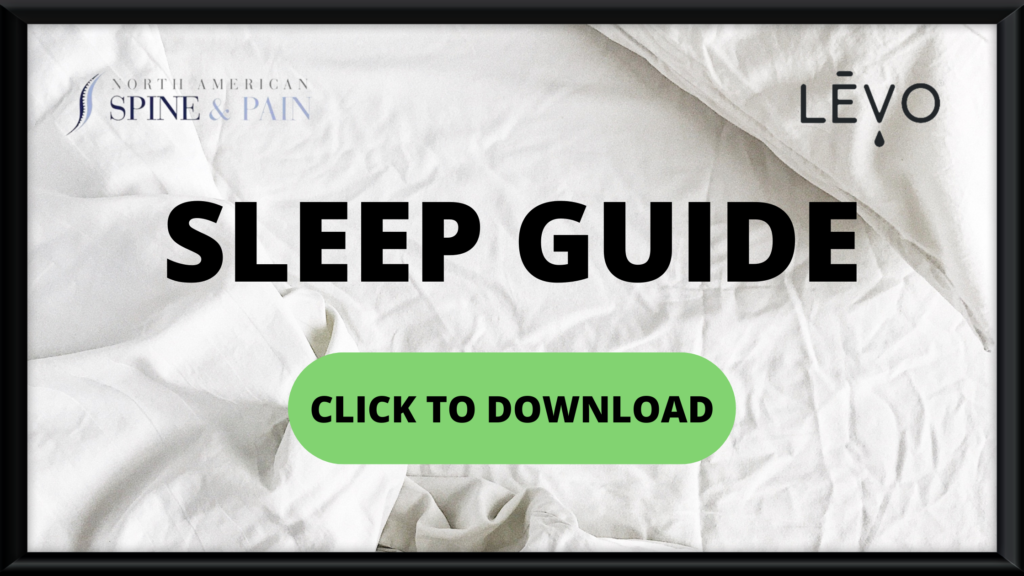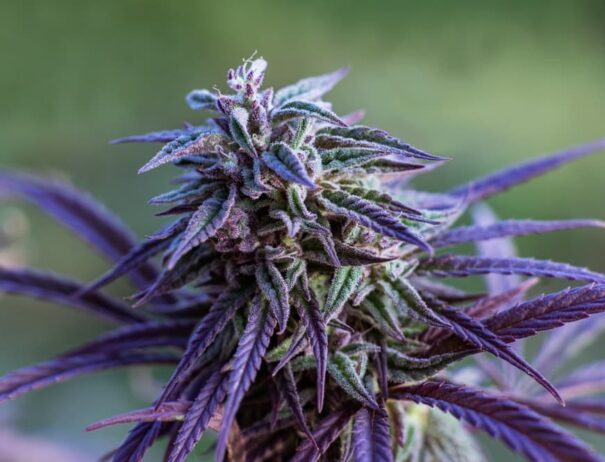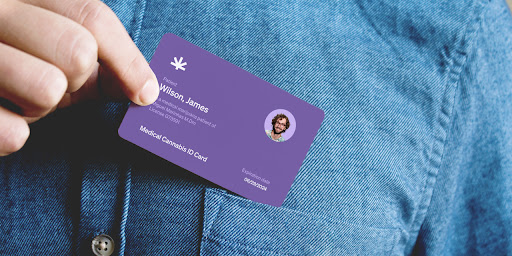Does CBD Help You Sleep? Here’s What We Know
Using CBD for sleep is becoming a popular trend, and for good reason. With nearly 70 million Americans suffering from a sleep disorder, it’s no wonder people are looking for a natural sleep aid, especially when the effects of pharmaceutical sleep aids can last longer than desired and leave you feeling groggy or nauseous.
Looking at that number, feeling tired might seem normal and just what it means to be “adulting” these days, but not getting enough sleep can be detrimental to your health and wellbeing. Our bodies use the time we sleep to clean and heal, and without the proper amount of sleep, those tasks don’t always get completed. Fortunately, as researchers continue to dig into CBD and all it can do for us, we’re finding that it might be an answer for those suffering from insomnia and other sleep disorders. Here’s what we know about using CBD for sleep so far.
Why Is Sleep Important?
Sleep is as crucial to our survival as food and water. While we sleep, our body and brain stay busy cleaning and organizing so we can function at our best the next day. The brain works to get rid of toxic waste and store new information, while nerve cells support the brain by communicating and reorganizing. At the same time, the body is restoring its energy, repairing damaged cells and muscles, and releasing molecules like hormones and proteins. Without enough sleep, our bodies aren’t able to finish everything to be prepared for the next day.
Trouble sleeping can come from larger issues like insomnia or sleep apnea, but it can also be caused by other factors, like diet, stress, or overstimulation before bedtime. Luckily, scientists are discovering that CBD may be able to assist with a lot of those causes, helping you to fall asleep and stay asleep.
How Can CBD Help You Sleep?
Cannabidiol, or CBD, works with several systems in the body that are involved with our sleeping patterns. For starters, it interacts with our endocannabinoid system (ECS), a system that’s responsible for maintaining balance within the body and plays a huge role in how we sleep. Not only does the ECS help regulate physical functions, it helps with emotional functions as well and has a hand in how we feel stress and anxiety, which are two reasons you may have difficulty sleeping.
Within the ECS, CBD inhibits the breakdown of endocannabinoids like anandamide, a mood-enhancing chemical our brain creates. This blockage creates an increase of anandamide levels in the brain, in turn reducing anxiety which can help you fall asleep easier.
Outside the ECS, CBD stimulates our 5-HT1A (hydroxytryptamine) serotonin receptor. Releasing serotonin into the brain has an anti-anxiety effect that can help calm your brain before sleep. More importantly, your body needs serotonin to create melatonin, a hormone that promotes healthy sleep and helps orient your circadian rhythm (the 24-hour cycle your body follows).
Studies are also finding that CBD may decrease levels of cortisol in the brain, a hormone that’s associated with waking up several times a night when present at high levels. Plus, CBD gummies can help reduce pain, a common symptom of restless leg syndrome and a common cause behind trouble sleeping.
Using CBD for Sleep
With the number of different CBD goods on the market today, finding the best CBD product for sleep can be overwhelming. When it comes to sleep, you’re probably going to want something that offers full-body effects like an edible or sublingual CBD oil as opposed to something that targets a specific area like a topical. However, if pain in a certain area is the main reason you’re not sleeping, a topical could be just what you need.
For the most part, if you’re looking to feel more calm and relaxed before bed, a CBD infused drink, oil, or edible is going to be what you want. The CBD oil is absorbed into your bloodstream through capillaries under your tongue, while the edibles, like a CBD gummy, go through your digestive system. Both disperse CBD throughout your body, though an edible will take longer to kick in than a CBD oil because of the digestive process, so make sure you time your dosage with your bedtime.
Finding the Right CBD for Sleep
With industry regulations lacking, it’s important to seek out a CBD oil or edible that has third-party lab test results available. Products are often mislabeled or counterfeit. Having third-party lab test results will tell you exactly what’s in your product, so you know the ingredients and amount of CBD you’re consuming.
To avoid the potential danger and confusion of counterfeit CBD oils or edibles, try making yours at home with a kitchen tool like the LEVO II. Automatic and easy to use, you can create your own CBD oil or edible sleep aid, putting you in charge of the ingredients and potency. Plus, if you’re having trouble falling asleep because of pain in a specific area, you can use the LEVO II to make CBD topicals as well. You can even use it to make a candle with calming essential oils to bring a relaxing feel to your bedroom before bed.
CBD for Sleep Summary
With the fast-paced world we live in today, sleep disorders and trouble sleeping are common problems faced by millions of adults. While there are pharmaceutical options to help you sleep, more and more people are turning to CBD for sleep because of its natural ability to help relax and balance.
- Trouble sleeping can have several causes, such as stress, overstimulation before bedtime, diet, pain, restless leg syndrome, etc.
- CBD works with our endocannabinoid system (ECS) which is responsible for maintaining balance within the body. Within the ECS, CBD inhibits the breakdown of endocannabinoids like anandamide, a mood-enhancing chemical our brain creates. This blockage increases anandamide levels, in turn reducing anxiety which can help you fall asleep easier.
- Outside the ECS, CBD stimulates our 5-HT1A (hydroxytryptamine) serotonin receptor which has an anti-anxiety effect that can help calm your brain before sleep. More importantly, your body needs serotonin to create melatonin, a hormone that promotes healthy sleep and helps orient your circadian rhythm.
- Studies are also finding that CBD may decrease levels of cortisol in the brain, a hormone that’s associated with waking up several times a night when present at high levels.
Using a sublingual CBD oil or edible could be more effective than a topical when it comes to using CBD for sleep because of their full-body effects. With the industry still largely unregulated, a safer option is making your CBD oil or edible at home with a countertop machine like the LEVO II. Automatic and easy to use, you can make your own CBD sleep aid, putting you in charge of ingredients and potency so you can create the exact recipe you need for your sleep cycle. And when you wake up, you can use it to create a delicious breakfast too!
Related Posts:

Get Your Free eBook!
Download our FREE resource, The Ultimate Edibles Guidebook, full of recipes, infusion tips and everything you need to make your first batch of edibles today!



